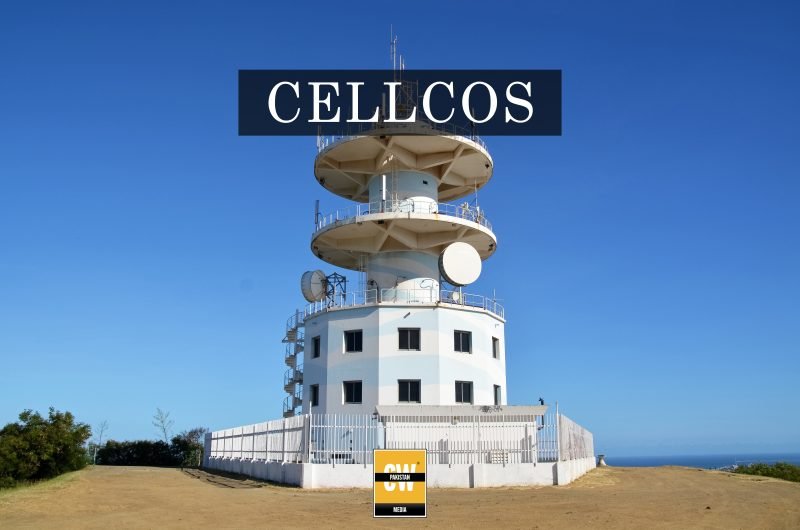In a major milestone for Pakistan’s telecom sector, the country’s largest mobile network operator has successfully completed the transfer of its mobile tower assets to a dedicated tower company, following years of regulatory delays and failed deals. The sale of Jazz’s 10,500 towers, previously managed by its wholly owned subsidiary Deodar, to Engro Connect for $563 million was recently approved by the Competition Commission of Pakistan (CCP), PTA and sanctioned by the Islamabad High Court under “The Scheme of Arrangement.” This move brings Pakistan closer to aligning with international best practices in mobile infrastructure.
Globally, mobile network operators (MNOs) have shifted from owning tower infrastructure to outsourcing it to specialized firms known as TowerCos. This model allows multiple MNOs to share a single tower, reducing operating costs and enabling quicker rollout of technologies like 5G, which demands higher tower density. Countries like China, India, and Indonesia have embraced this approach, with TowerCos owning the majority of mobile towers. In Malaysia, TowerCos control over 60% of towers, while in nations such as Myanmar, Bangladesh, and the Philippines, they own more than half of existing tower infrastructure.
Pakistan began its slow transition toward tower outsourcing nearly a decade ago, with TowerCos owning about 20% of towers to date, while the majority still remain under MNO control. Jazz first explored this transition in 2017 by transferring its towers to Deodar and then attempting a deal with Edotco in 2018, valued at $940 million. That agreement was blocked by regulators, with no clear explanation for the rejection. A second attempt in 2022 involving TPL REIT Management Company and UAE-based TASC Towers Holding also collapsed due to complex deal structuring and delays in regulatory approval.
The latest transaction between Jazz parent company Veon and Engro Corp marks a rare regulatory success in a sector often bogged down by procedural red tape. Despite the deal finally going through, the fact that Pakistan’s largest MNO had to try three times over eight years highlights the challenges faced by operators trying to adopt globally accepted models. Telenor Pakistan also made a similar attempt in 2023 by transferring its towers to Orion Towers, but the sale did not materialise. Telenor Group CEO Sigve Brekke openly criticized the business climate in Pakistan, citing it as one of the reasons for the group’s decision to exit the market.
The inefficiencies in Pakistan’s telecom infrastructure extend beyond mobile towers. Fixed-line internet service providers continue to lay individual optic fibre cables along the same routes, creating unnecessary duplication in wealthy areas while leaving underserved regions disconnected. Fibre sharing among ISPs is rare due to competitive concerns, which discourages infrastructure sharing and slows expansion. A more efficient model, adopted in countries like Singapore and Sweden, relies on neutral telecom infrastructure providers (TIPs) who own and manage fibre networks accessible to all ISPs on a rental basis.
Pakistan does have a licensing category for TIPs, but the absence of a robust regulatory framework impedes their growth. Shifting the focus of initiatives like the Universal Service Fund (USF) from subsidising individual ISPs to supporting TIPs would significantly improve fibre network reach and utilisation. Creating a policy environment that supports neutral infrastructure providers for both mobile and fixed networks is essential for building the foundation of a truly inclusive Digital Pakistan.








